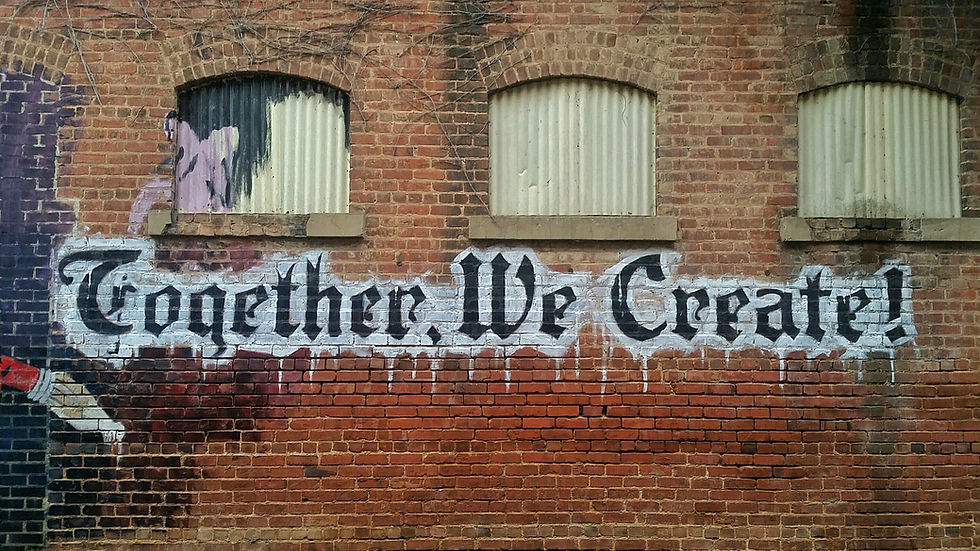The Future of Recording Music in the Digital Age
- 432hzstudiohq
- Apr 11, 2023
- 2 min read
Updated: Apr 13, 2023
As technology continues to advance, the way we record and produce music is changing rapidly. From AI-powered production tools to virtual reality recording studios, the future of recording music is filled with exciting possibilities. In this post, we'll explore some of the latest trends and innovations in music recording and production, and what they mean for the future of the industry.
AI-Powered Production Tools
Artificial intelligence is transforming many industries, and music production is no exception. AI-powered tools can automate tasks such as mixing and mastering, making it easier and faster for musicians and producers to create high-quality recordings. For example, companies like LANDR and iZotope offer AI-powered mastering tools that can analyze a song's mix and apply EQ, compression, and other effects to improve its sound quality. Similarly, Amper Music and AIVA offer AI-powered composition tools that can generate melodies, harmonies, and even full instrumental tracks based on a user's preferences.

Virtual Reality Recording Studios
Virtual reality (VR) technology has the potential to revolutionize music recording and production by providing immersive and interactive recording environments. With VR recording studios, musicians and producers can create music in virtual spaces that simulate real-world recording environments, such as concert halls, studios, or even outdoor environments. This technology can provide new creative opportunities for musicians and producers, allowing them to experiment with different sounds and environments without the need for physical spaces or equipment.

Cloud-Based Collaboration
Cloud-based collaboration tools are becoming increasingly popular among musicians and producers. With these tools, musicians and producers can collaborate on projects remotely, sharing files and ideas in real-time. Cloud-based collaboration can help to streamline the recording and production process, making it easier for artists to work with producers, engineers, and other collaborators regardless of their physical location.

Blockchain-Powered Royalties
The rise of blockchain technology is opening up new opportunities for musicians to earn revenue from their recordings. Blockchain-powered royalty systems can provide transparent and secure payment systems for musicians and producers, ensuring that they receive fair compensation for their work. Companies like Audius and Ujo Music are already using blockchain technology to create decentralized music platforms that allow musicians to distribute their music and earn royalties without intermediaries.
In conclusion, the future of recording music in the digital age is full of exciting possibilities. From AI-powered production tools to virtual reality recording studios, musicians and producers have access to new and innovative technologies that can help them create high-quality recordings and collaborate with other artists more effectively. As these technologies continue to evolve, we can expect to see even more advancements in the way music is recorded and produced, transforming the industry in ways we can't yet imagine.





Comments